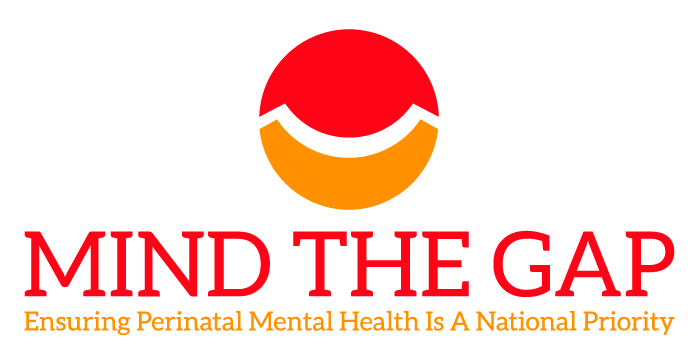NICHQ Joins Coalition of Leading Experts to Address Perinatal Mental Health Crisis
A Center for Disease Control (CDC) study finds that around 1 in 8 women report experiencing symptoms of maternal depression. Perinatal depression is depression that occurs during or after pregnancy. Perinatal Mental Health is an urgent public health issue in the United States.

In response to the national maternal perinatal mental health crisis, The National Institute for Children’s Health Quality (NICHQ) has joined the Mind the Gap Initiative, a coalition of women, families, and leading organizations, led by Postpartum Support International (PSI), who have set forth a national strategic action plan to turn the tide on the crisis.
Read the Strategic Action Plan
Despite baseline numbers indicating that at least 600,000 women will develop perinatal depression each year related to a live birth, there are significant disparities across the nation — in public awareness, health professional education and training, and research, and, on the patient side, coverage of and access to screening, diagnosis, treatment, support, and prevention services. This is the Gap.
In addition to an ongoing conversation among healthcare professionals and parents and families, The Mind the Gap initiative has identified targeted actions in policy, outreach, and healthcare delivery, along with establishing a national coordinating entity, as necessary actions to bridge the gap and address these health disparities.
“The impacts of perinatal depression and maternal mental health disorders can be devastating to mothers, their children, and families. That’s why this work is not only necessary for NICHQ – it’s urgent,” said NICHQ President and CEO Scott D. Berns, MD, MPH, FAAP. “Maternal depression can have a range of effects on the health of infants, including physical, physiological, psychological, and behavioral. To ensure we achieve our mission of every child reaching their optimal health, we are also dedicated to addressing the physical and mental health needs of mothers.”
NICHQ’s Commitment to Closing the Gap
Persisting disparities in perinatal depression rates impact people who are Black, Native, or from other communities of color. However, significant gaps exist in the diagnosis of perinatal and maternal mental health disorders and access to perinatal and maternal mental health treatment. Creating pathways to effective maternal mental health care is a critical component of reducing other overwhelming disparities in perinatal care.

Currently, NICHQ serves as the coordinating center for the National Network of Perinatal Quality Collaboratives (NNPQC). The NNPQC provides resources and expertise to nationwide state-based perinatal quality collaboratives (PQCs) with the goal of deepening and accelerating improvement efforts for maternal and infant health outcomes, including reducing racial/ethnic and geographic disparities.
Learn more about NICHQ and the NNPQC’s work with PQCs to help reduce preterm births, reduce severe pregnancy complications associated with high blood pressure and hemorrhage, improve identification of and care for infants with neonatal abstinence syndrome, reduce racial/ethnic and geographic disparities, and reduce cesarean births among low-risk pregnant women.
